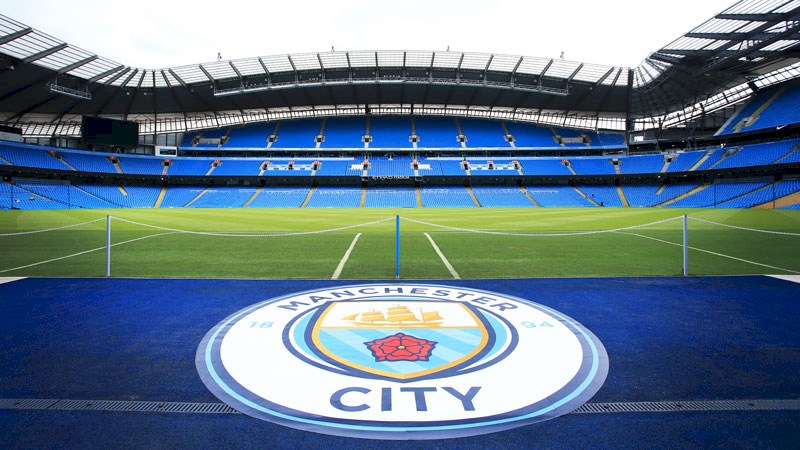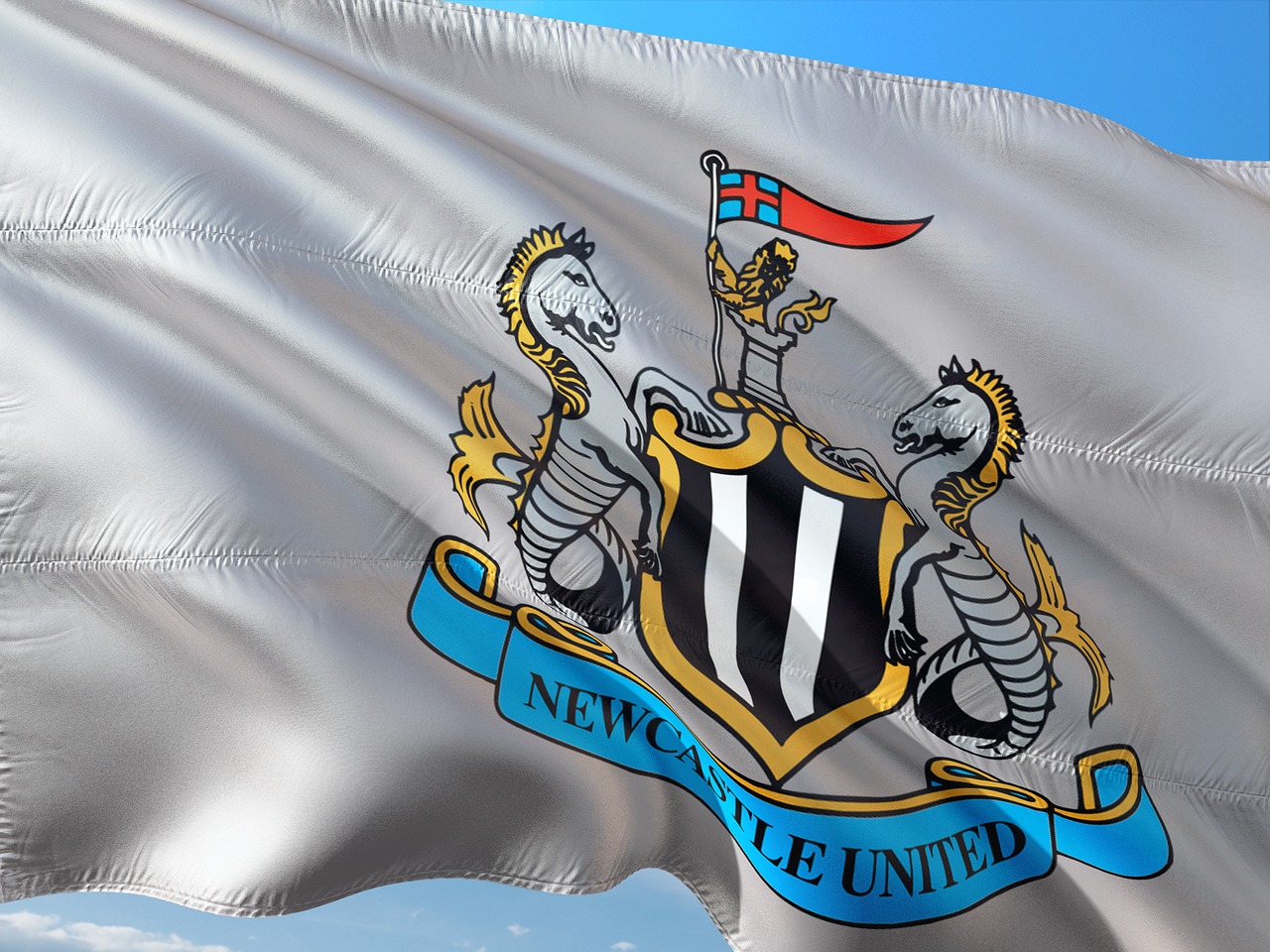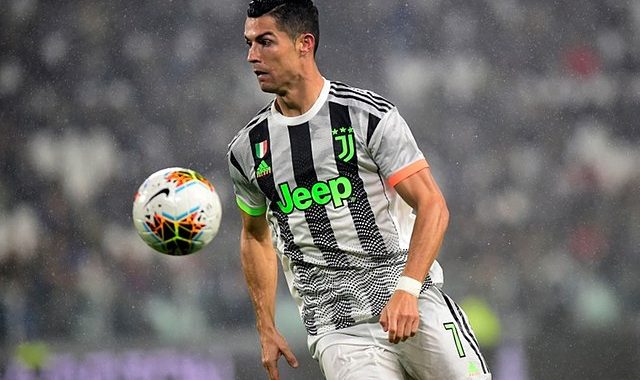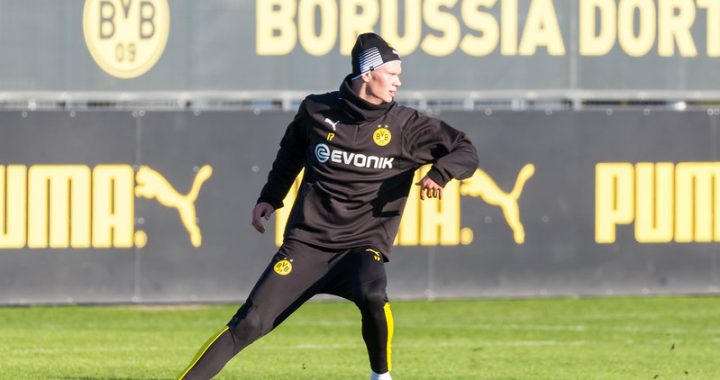Possible scenarios for Man City to hit back at UEFA if they punish the club

Etihad Stadium - Manchester City
Manchester City are reportedly on the verge of being banned from the UEFA Champions League for a year if New York Times is to be believed.
What has happened so far:
- March 7, 2019 – UEFA opened a formal investigation into Man City following the allegations made by German publication Der Spiegel that the club breached its Financial Fair Play (FFP) rules. One of the many claims that have come under the UEFA scanner is that Man City had misled them by not disclosing information regarding the Etihad sponsorship during the investigations in 2014 when the club were fined £49 million. Out of the 49 million, £33 million was refunded after City complied with the regulations. Der Spiegel claims most of Etihad’s sponsorship deal came from ADUG – the group Sheikh Mansour used to buy the club. However, Man City have denied any wrongdoing.
- May 13, 2019 – New York Times Report comes out. A day after Manchester City retained their Premier League title, the New York Times reported that the Club Financial Control Body (CFCB) investigator is expected to seek at least a one-season ban.
- May 13, 2019 – Man City release statement. UEFA had earlier stated it “will not be making any further comment on the matter while the investigations are on-going” and Manchester City strongly questioned whether the CFCB is being ‘misrepresented by individuals’ intent on damaging the Club’s reputation and suggested the implication could be that the club’s good faith in the CFCB IC is misplaced.
- May 16, 2019 – The CFCB chief investigator referred the case to the adjudicatory chamber. The Chairman of the Adjudicatory chamber – former Portuguese judge Jose Narciso da Cunha Rodrigues will look into the case with his colleagues and will decide whether to uphold CFCB chief investigator’s recommendations or pass a different ruling.
- May 16, 2019 – The club releases a statement attacking CFCB’s investigation under Yves Leterme. Man City said that the CFCB’s decision had mistakes, misinterpretations and confusions fundamentally borne out of a basic lack of due process. The club also mentioned the investigation ignored “a comprehensive body of irrefutable evidence” provided by the club to the Chamber.
How it could proceed from here:
★ Scenario 1: (Unlikely)
Adjudicatory Chamber refers the case back to the Investigatory chamber: Rarely, the Adjudicatory chamber differs from what the CFCB chief investigator has found. However, the Adjudicatory Chamber can refer the case back to the CFCB Investigatory Chamber for further investigation.
Man City’s expected course of action:
Man city would most likely welcome such a move as the club would infer that CFCB Adjudicatory chamber doesn’t agree with the findings of the investigatory chamber, which is rumoured to have suggested the heaviest punishment in the form of a ban from the competition.
★ Scenario 2: (Least Likely)
The Adjudicatory chamber holds Man City to be in fault but decides to go with a more lenient punishment than the one recommended by the Investigation chamber. In such a case, Man City could be hit with either a squad restriction or a fine, or both.
Man City’s expected course of action:
Man city would probably accept such a decision but maintain innocence via a club statement unless the fine amount is too hefty.
★ Scenario 3: (Most Likely)
The Adjudicatory chamber holds Man City to be in fault and decides to go with punishment recommended by the Investigation chamber. If the New York Times report is true, Man City could be hit with a ban in the Champions League for 1 year.
Man City’s expected course of action:
Man city would certainly take the case to the Court of Arbitration of Sport to appeal UEFA’s decision and prove the club’s innocence. When such an appeal is made, UEFA’s decision will be put on hold and the club would participate in the Champions League next season.
Will Manchester City play in the Champions League next season?
Most Likely.
Even if UEFA hits Manchester City with a 1 year Champions League ban, an appeal from the club in the Court of Arbitration of Sport would put CFCB’s decision to ban Man City from the Champions League on hold until a judgement is passed. Even if CFCB’s decision is upheld at the CAS, the ban will most likely be implemented only in the 2020/2021 campaign.
Arguments favouring Manchester City:
✈ TIMING OF DECISION:
Since this is a very complex case, the Adjudicatory chamber could take weeks to months to come up with a decision. A significant delay could help Manchester City in the Court of Arbitration for Sport (CAS). UEFA rule states that there is a 10-day limit for CFCB reviews.
In the past, PSG made use of this rule in the CAS and got a favourable ruling. CAS described the “challenged decision” as “untimely” and said it must be “annulled” thereby making the original decision to clear PSG as “final and binding”.
If Manchester City get a similar decision at the CAS, it would leave UEFA with a bloody nose for the second time and it would put a question mark over the investigatory chamber’s decision to not go for a settlement with the English Champions.
✈ TIMING OF PROSECUTION & IGNORING KEY INFORMATION:
UEFA’s rule states that CFCB can’t bring prosecutions more than five years after the event. Manchester City could argue that the investigatory chamber’s decision to refer the case to the Adjudicatory chamber was influenced by the rule and the Chief Investigator had ignored crucial information that proved their innocence in the document with atleast 100 pages provided by the club to the chamber.
Man City said “CFCB’s decision contains mistakes, misinterpretations and confusions fundamentally borne out of a basic lack of due process and there remain significant unresolved matters raised by Manchester City FC as part of what the Club has found to be a wholly unsatisfactory, curtailed, and hostile process” via a club statement.
If the CAS accepts Man City’s argument that they were unfairly investigated almost after 5 years of the initial ruling only for the investigatory chamber to rush for a referral ignoring critical information in the document submitted by the club, then it could hurt the credibility of UEFA to carry out proper investigations as this would be fourth time CAS has reversed CFCB’s decision.
✈ CONFLICT OF INTEREST:
One of the 8 members of the UEFA investigatory chamber is Rick Parry – the former Chief Executive of Liverpool FC. As per a report from Telegraph, he refused to comment when asked if he was one of the members investigating the case involving Man City.
Our take:
A club that has complied with FFP is being prosecuted by UEFA on the basis of leaked documents. It is worth noting that Man City have already paid a fine amount and some experts question whether the earlier punishment has been taken into account by the Investigatory Chamber.
The New York Times report has put all the pressure on Man City and UEFA seems to be playing the hard-ball given the tone of Man City’s club statements. The club hierarchy is furious at CFCB for ignoring the 100 page document it provided to prove it’s innocence. Despite Leterme claiming the club has more questions to answer, the Chief Investigator decided to refer the case without actually posting the questions to Man City. That gives the club credible reasons to believe the CFCB Investigatory Chamber were hostile to them and rushed into a decision.
If UEFA Adjudicatory Chamber punishes Man City with a 1 year Champions League ban, then the pressure would be on UEFA because at that point, City would have little to lose at that stage with their image already tarnished. They will drag UEFA to the CAS where the body has lost three cases related to FFP. Another loss in the CAS to a high-profile club would certainly question CFCB’s ability to investigate and pass proper judgements.
LosMejor's Editorial Team includes a team of experts who cover the UEFA Champions League, Premier League, FA Cup and the Carabao Cup. The Editorial team is headed by Deepak Selvan.



 Saudi Arabia-led consortium completes Newcastle United takeover
Saudi Arabia-led consortium completes Newcastle United takeover  Ronaldo to Man Utd: How the homecoming happened
Ronaldo to Man Utd: How the homecoming happened  Harry Kane: I will be staying at Tottenham this summer
Harry Kane: I will be staying at Tottenham this summer  Can PSG recoup their ‘Messi money’ through just shirt sales?
Can PSG recoup their ‘Messi money’ through just shirt sales?  Haaland was Chelsea’s first choice but Dortmund’s crazy valuation made the Blues turn to Romelu Lukaku
Haaland was Chelsea’s first choice but Dortmund’s crazy valuation made the Blues turn to Romelu Lukaku